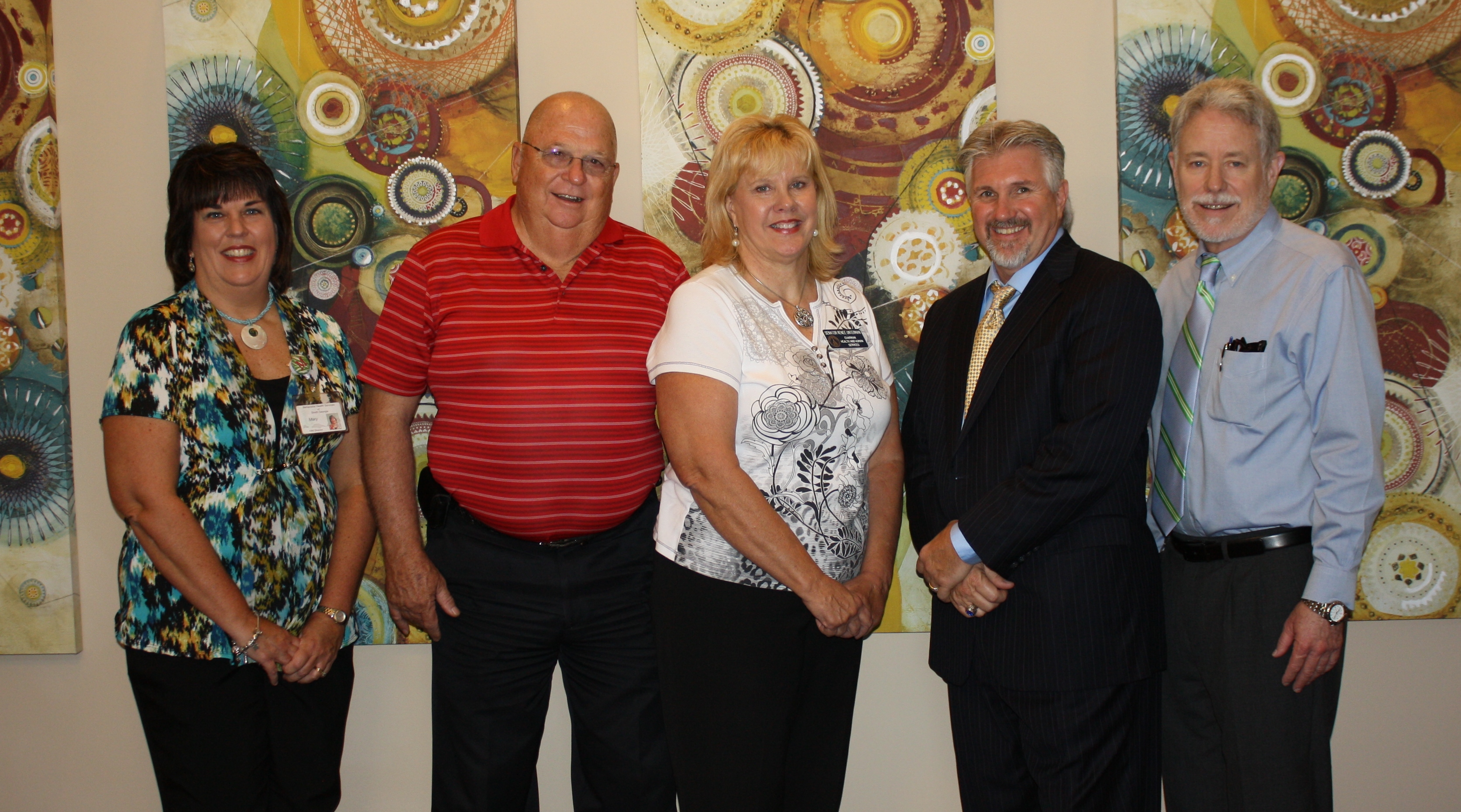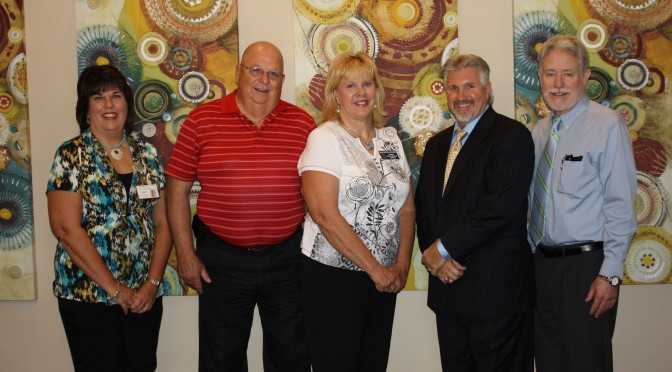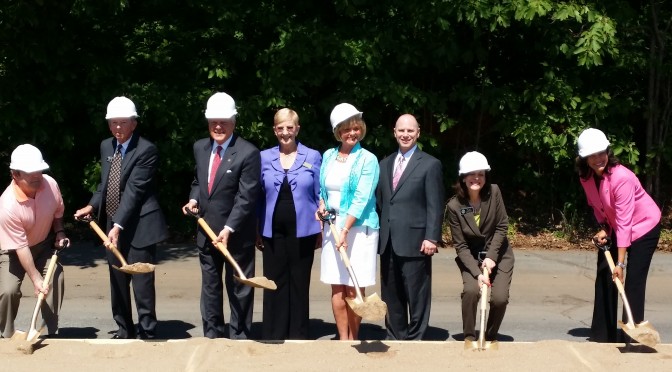On August 11, State Senator Renee Unterman (R-Buford) visited four of DBHDD’s community service boards, including Behavioral Health Services of South Georgia (Valdosta), Unison Behavioral Health (Waycross), Gateway Behavioral Health Services (Brunswick) and the Community Service Board of Middle Georgia (Dublin).
Unterman, who chairs the Senate’s health and human services committee, says visiting these sites plays an important role in better understanding the challenges that Georgia’s behavioral health system faces. “I am grateful for the opportunity to visit several of DBHDD’s facilities in South Georgia,” said Unterman. “It’s important to compare behavioral health care across all parts of the state. Access issues are very different in rural and urbanized areas. This visit underscores the need to ensure a qualified behavioral health care workforce across Georgia.”
Representative Ellis Black (R-Valdosta) and State Senator-elect Greg Kirk (R-Americus) also joined Unterman at Behavioral Health Services of South Georgia (BHSGA).
David Sofferin, CEO of BHSGA, was proud to show off the Valdosta crisis center. “Since opening our new behavioral health crisis center earlier this year, our team members have been providing a valuable service to individuals with substance abuse disorders and/or a mental illness,” Sofferin said. “Our 10-county service area has never had a crisis stabilization unit located in one of the 10 counties. The response has been phenomenal.”
 Pictured left to right: Mary Girsch, RN, director of BHSGA’s behavioral health crisis center; Representative Ellis Black; State Senator Renee Unterman; State Senator-elect Greg Kirk; David Sofferin.
Pictured left to right: Mary Girsch, RN, director of BHSGA’s behavioral health crisis center; Representative Ellis Black; State Senator Renee Unterman; State Senator-elect Greg Kirk; David Sofferin.


